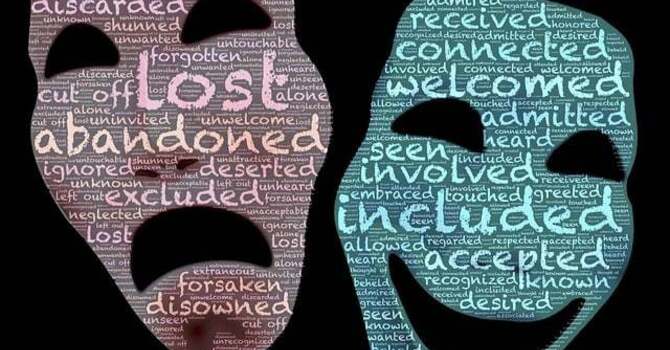ADHD Therapy for Adults:
Support for Focus, Organization, and Emotional Wellbeing
Living with ADHD as an adult can feel overwhelming and exhausting. Despite your best intentions, things don’t always go as planned. Deadlines are missed, tasks are left unfinished, and daily responsibilities feel chaotic. This can lead to feelings of shame, frustration, and self-doubt. You may ask yourself, “Why does this keep happening?”
Whether you're struggling to stay focused at work, keep up with school assignments, manage a household, or maintain healthy relationships, ADHD symptoms can impact every area of life. Common challenges include trouble with organization, time management, emotional regulation, and executive functioning skills.
What is ADHD?
Attention-Deficit/Hyperactivity Disorder (ADHD) is a neurodevelopmental condition characterized by patterns of inattention, hyperactivity, and/or impulsivity. These symptoms can affect adults just as much as children, though they may show up in different ways.
Inattentive symptoms may include:
Difficulty focusing on details or making frequent careless mistakes
Trouble sustaining attention in tasks or conversations
Seeming not to listen when spoken to directly
Poor organizational skills
Frequently losing important items
Avoiding tasks that require sustained mental effort
Easily distracted by external stimuli
Forgetfulness in daily routines
Hyperactive-impulsive symptoms may include:
Fidgeting or feeling restless
Difficulty staying seated for long periods
Talking excessively or interrupting others
Trouble waiting your turn
Blurting out answers or thoughts impulsively
Feeling constantly “on the go” or driven by a motor
My approach
As a trauma-informed, person-centered therapist, I provide a safe, non-judgmental space where you can explore your experiences with ADHD and better understand yourself. My approach integrates humanistic therapy, executive functioning support, and emotional regulation techniques to help you thrive.
Together, we’ll focus on:
- Building skills in organization, planning, and task completion
- Strengthening self-esteem and reducing negative self-talk
- Learning tools to manage emotional dysregulation and overwhelm
- Exploring how ADHD and trauma may intersect in your life
- Creating realistic strategies to support your daily functioning
You are not alone in this. With the right support, it’s possible to manage your ADHD symptoms and feel more in control of your life.



